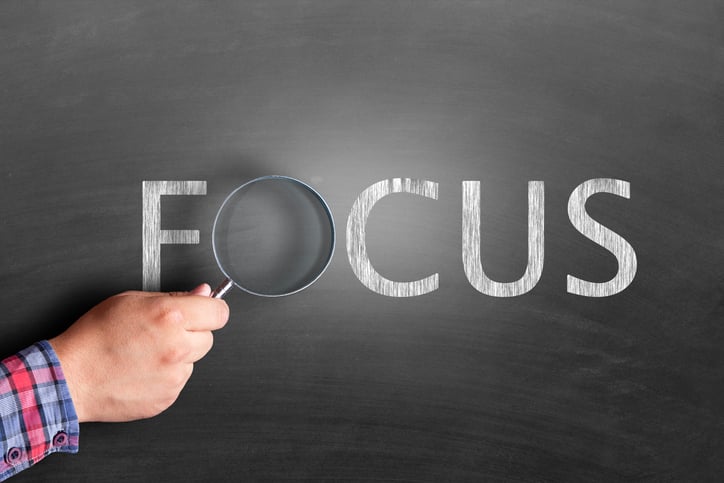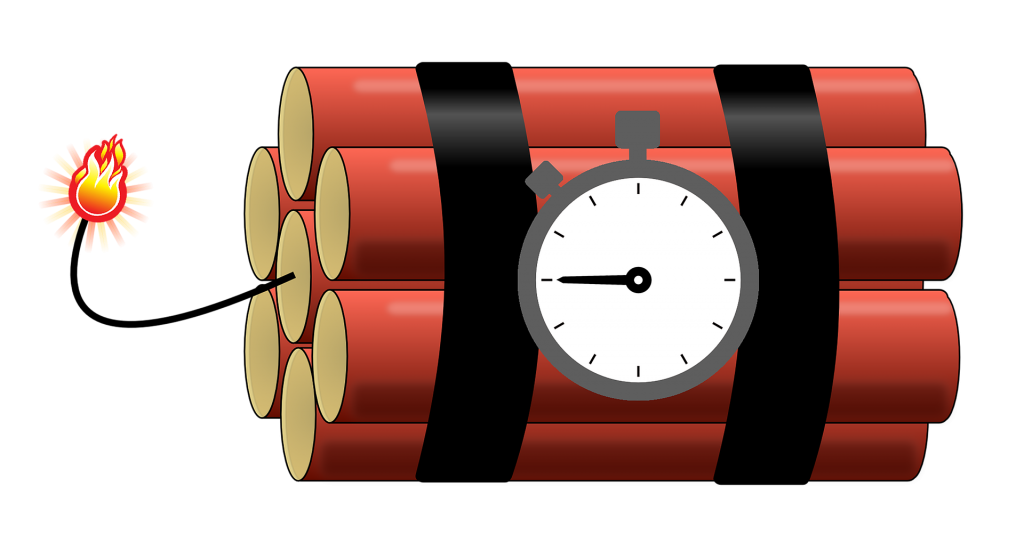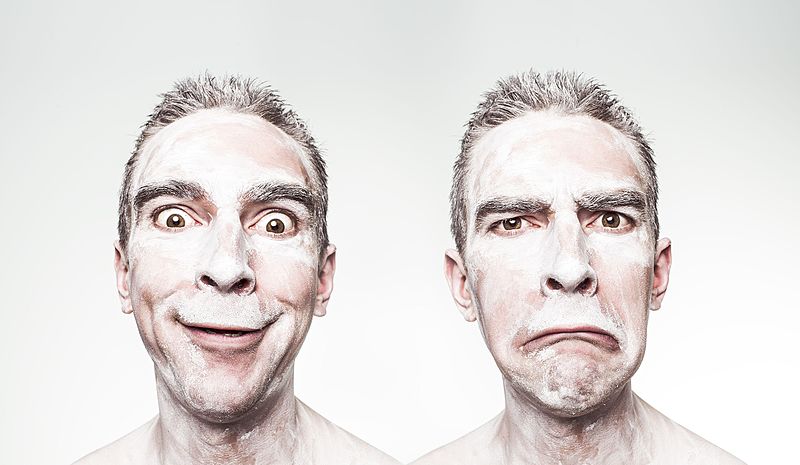One of the few ways we as people can really start to take control back in our lives is Emotional Balance. The most critical thing that governs our wellbeing and alters our state of mind (whether for the better or worse is a different conversation) is our emotions. Regardless of this very important function of emotions in our brain, so many of us still have an imbalance of our emotions.
So today take the time, read and find out if your emotions are balanced. Below you will find four signs of a healthy balance and four signs that might indicate your balance might need some work.
“The ingredients of both darkness and light are equally present in all of us,…The madness of this planet is largely a result of the human being’s difficulty in coming to virtuous balance with himself.” Elizabeth Gilbert
Healthy Emotional Balance: Practising Mindfulness

Mindfulness originally would have been the intrinsic ability for a person to remain completely present in the moment. Over time, and the way society has evolved A LOT of us have lost this ability.
But, what does it mean to be present in the moment? It means that you think of nothing that happened or nothing that is going to happen. You are fully involved in the task or conversation at hand. The ability to compartmentalize like this is very hard to develop but is a skill worthwhile learning.
Meditation is the simplest method for most people to build this skill. Mediation also doesn’t have to be sitting cross-legged chanting a mantra either! The easiest way for you to implement meditation is to find tasks that you don’t mind or enjoy and extending them ever so slightly. If you shave every morning, why not try using a safety or straight razor (be careful!) and learn an aged old tradition of shaving while only taking an extra 5-10min in your morning. Instead of taking the shortcut on your walk to work, wake up a bit earlier and take a longer way, breathe in the fresh air and notice the birds morning songs. Find something that works for you.
Unhealthy: Distraction
We’ve all heard that before, mostly during our adolescence but maybe for some way into adulthood as well! Well, I don’t need to be the one to tell you that it’s easier said than done. Unfortunately, the focus is very important when it comes to developing your emotional balance. While yes, the focus is great to get your schoolwork done, or to learn new things in the workplace but, it’s also extremely important when working on self-development.

Being able to focus on one’s self without letting work leak in, or the stress of the person that yelled at you on the bus get to you is key. This greatly ties into the first healthy item on this list. During your meditation, at first, it will be very hard to not let other thoughts creep in. But, over time you will build the skill to just focus on the task at hand.
Healthy Emotional Balance: Being Open to Loved Ones
What does ‘being open’ mean? As vague as it sounds it’s actually quite simple. Being open is a willingness to be vulnerable with those who are close to you and those whom you love.

It is 100% not easy to build that skill of being open. But it is so important as it gives you so much freedom of your emotions to let loose and breathe easy. Losing that inhibition of “what will they think” is so crucial moving forward for positive relationships. Openness is a two-way street, keep in mind you might be being open and honest about how you feel but the issue may lie with the companion. This is why being open also means being open for communication as well. Communication is one of the biggest building blocks of emotional balance.
Unhealthy: Refusal to Discuss an Issue
On the antagonistic side of being open, is just straight up not being willing to discuss the issue at hand. You will find that all of these signs are intertwined.

Refusing to discuss an issue just to avoid an argument with a friend or loved one is not the solution you want to be using. All this is doing is putting off a difficult conversation for a later date when the issue is much, much larger and will throw your emotional balance out of whack!
Speak now and make your voice and concerns heard. Your mind and brain will thank you for it later and you will have extinguished the spark before it becomes a flame. This communication is essential for managing relationships with not just significant others, but close friends and family as well.
Healthy Emotional Balance: Identifying the Real Problem
While you’re working on your ability to discuss an issue rather than putting it off for later, you may also want to work on identifying the root cause. It’s all well and good to address small issues branching off from the main one, without tackling the real problem.

Addressing the source of an issue is a quintessential step for hopefully getting rid of the problem for good! This may require some quiet self-reflection to look within, maybe just a very deep and from the heart conversation with your partner.
These analyses of issues plaguing your life shouldn’t come across as hostile. They are cool, calm and collected conversations to better both parties experience going forward.
Unhealthy: Having a Short Fuse
Losing your temper is a quick and sure-fire way to lose friends, loved ones and family from your life. Nobody will want to discuss anything with you that could blow up into an argument out of sure fear of how you will react.

As we spoke about above, addressing the root cause for your anger will be step one in not blowing your top. During situations that you feel you may lose your cool, make sure to remove yourself, take a deep breath and distract yourself. But as we learned this is just a band-aid solution, do not be afraid to seek out professional help. This might actually solve the root cause quicker than you ever could!
Healthy Emotional Balance: Emotional Expression
Expression is just one of those things that make us human. Our ability to convey; anger, happiness, sadness, remorse etc. is just one of the things that separate us from the animal kingdom.

While displaying an “I don’t care” demeanour might seem like the cool thing to do, all you’re really doing is not allowing yourself to ‘be’. Not allowing yourself to express happiness in the way you want to just because other people around do take confidence, but is so important. Being able to be yourself wherever you are and whoever you’re around is one of the most useful life skills you can have.
Unhealthy: Bottling Up Emotions
We’ve all been told this one since we were little kids. “It’s unhealthy to keep things bottled up.” and they could not be more right! Letting things sit and fester in the deep recesses of the brain can only make it worse, until one day.. you burst!

Whether you take the mature option and talk to the person who might be causing you some grief, exert the pressure build-up with exercise or seek professional help it will all aid in helping you manage your levels of stress and help you develop your own emotional balance.





